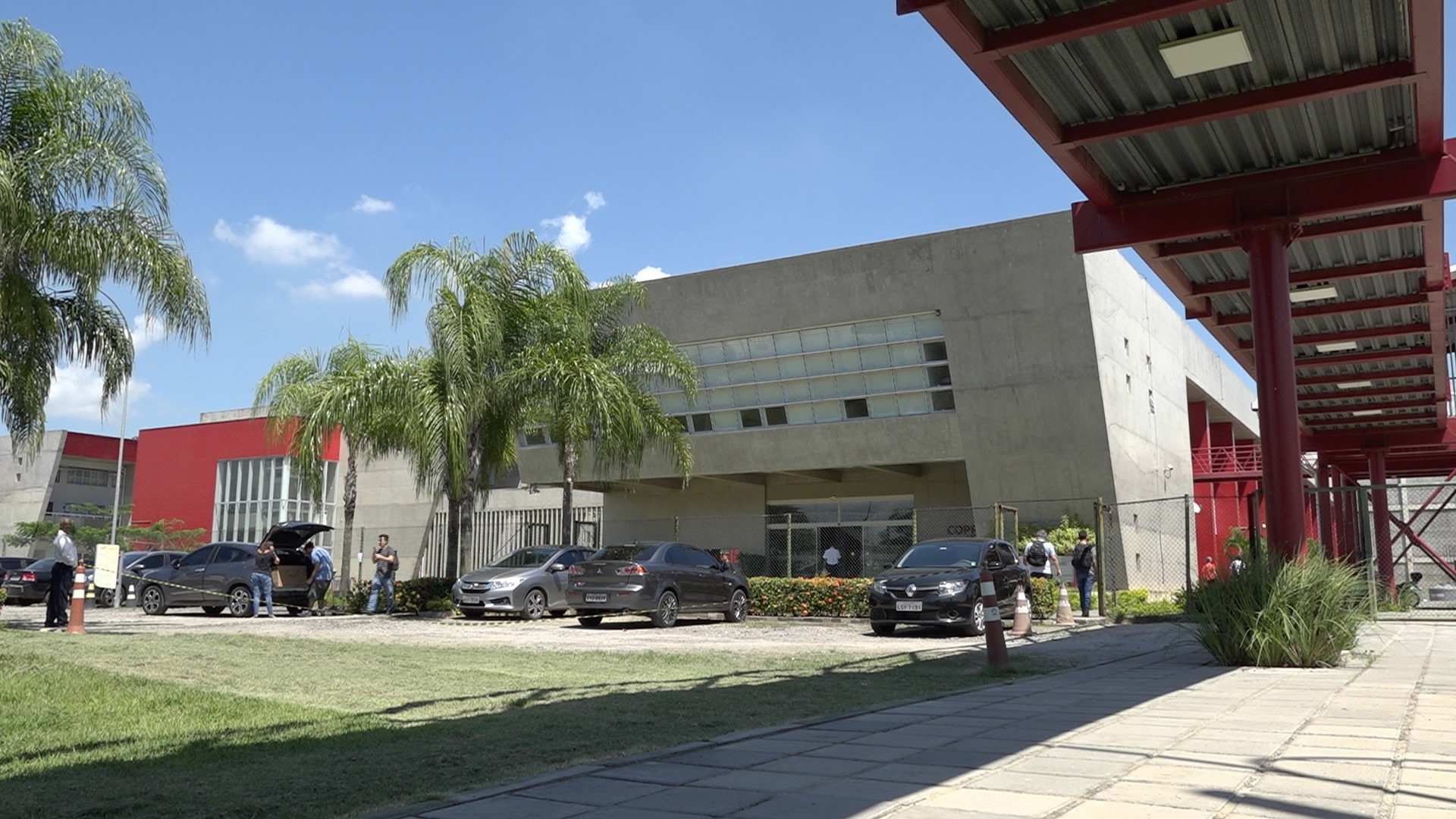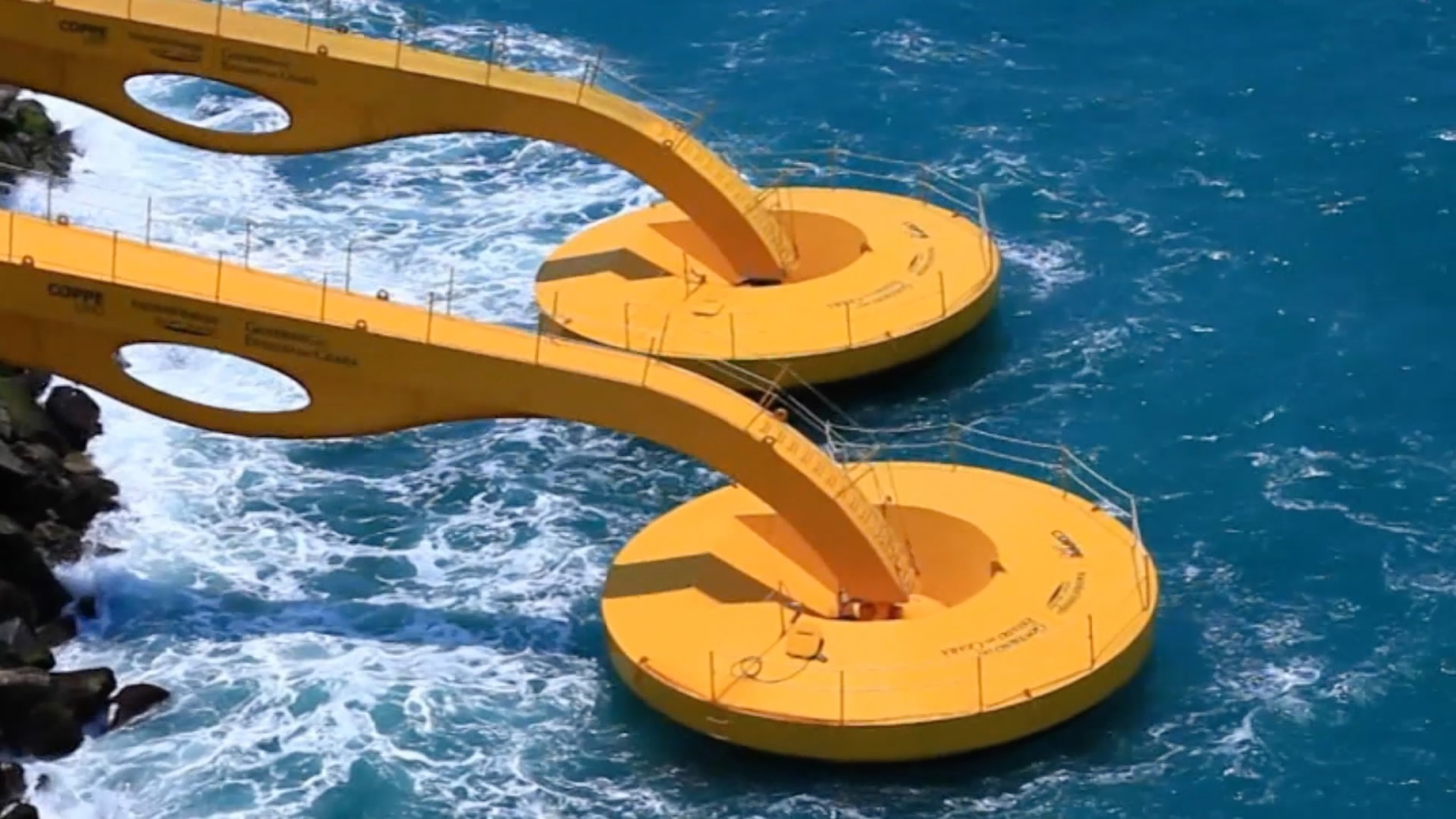
Energy
18:42, 29-Mar-2018
China-Brazil Center responds to climate change
By Lucrecia Franco

Developing green solutions to face climate change is what Brazil and China have been doing since 2009, and it has been a main topic in several Boao Forums.
It was in 2009, when China became Brazil’s biggest trading partner, that both countries created a pioneer academic and technological partnership.
An official center was created and has been working on several projects since then. It is called the China-Brazil Center for Climate Change and Energy Technology Innovation. It is located in Coppe – Latin America’s major engineer research center which is linked to Rio de Janeiro’s Federal University and Tsinghua University, the most important Chinese university in the field of engineering.
“The center was created by both governments, so this is an official center to develop technologies in this very important area”, said Romildo Toledo, the executive director of the China-Brazil Center.

China-Brazil Center for Climate Change and Energy Technology Innovation /CGTN Photo
China-Brazil Center for Climate Change and Energy Technology Innovation /CGTN Photo
Projects include biofuels, ocean wave, solar and wind power, among others.
“I think that low carbon technologies are very important. Brazil needs it, China needs it, the world needs it, so I think the center is a leading important area of knowledge. We need to promote this more and more: clean energy, sequestration of CO2, all this things impact a lot the life of people," adds Toledo.
One interesting ongoing project is capturing ocean energy. Actually, the first wave powered plant in the region was tested in Brazil in 2002, before the creation of the center, but now wave energy is part of a program developed by the recently created Joint Institute for Deep Sea technologies.
The Institute is also part of China and Brazil’s partnership and is coordinated by professor Carlos Levi.

Wave energy power generation plants in Brazil. /CGTN Photo
Wave energy power generation plants in Brazil. /CGTN Photo
“We are planning to define a final prototype to generate wave power by 2020 and we are foreseeing by that time we will be able to contribute with 15 to 20 percent of the electricity consumed in Brazil through energy from the ocean”, said Levi.
Academic exchanges between Brazilian Chinese researchers are also one of the main goals of this partnership. More than a dozen Chinese students are currently in Rio carrying studies on the challenges of climate change.
One of them, Binggi Lio, is focusing on wave power and said that along with wind represents the future of renewable energy.
“Definitely the future, because now we are planning to change the energy grid of our country and Brazil’s. We are using oil and coal and we want to change it to renewable energy sources," added Lio.

SITEMAP
Copyright © 2018 CGTN. Beijing ICP prepared NO.16065310-3
Copyright © 2018 CGTN. Beijing ICP prepared NO.16065310-3